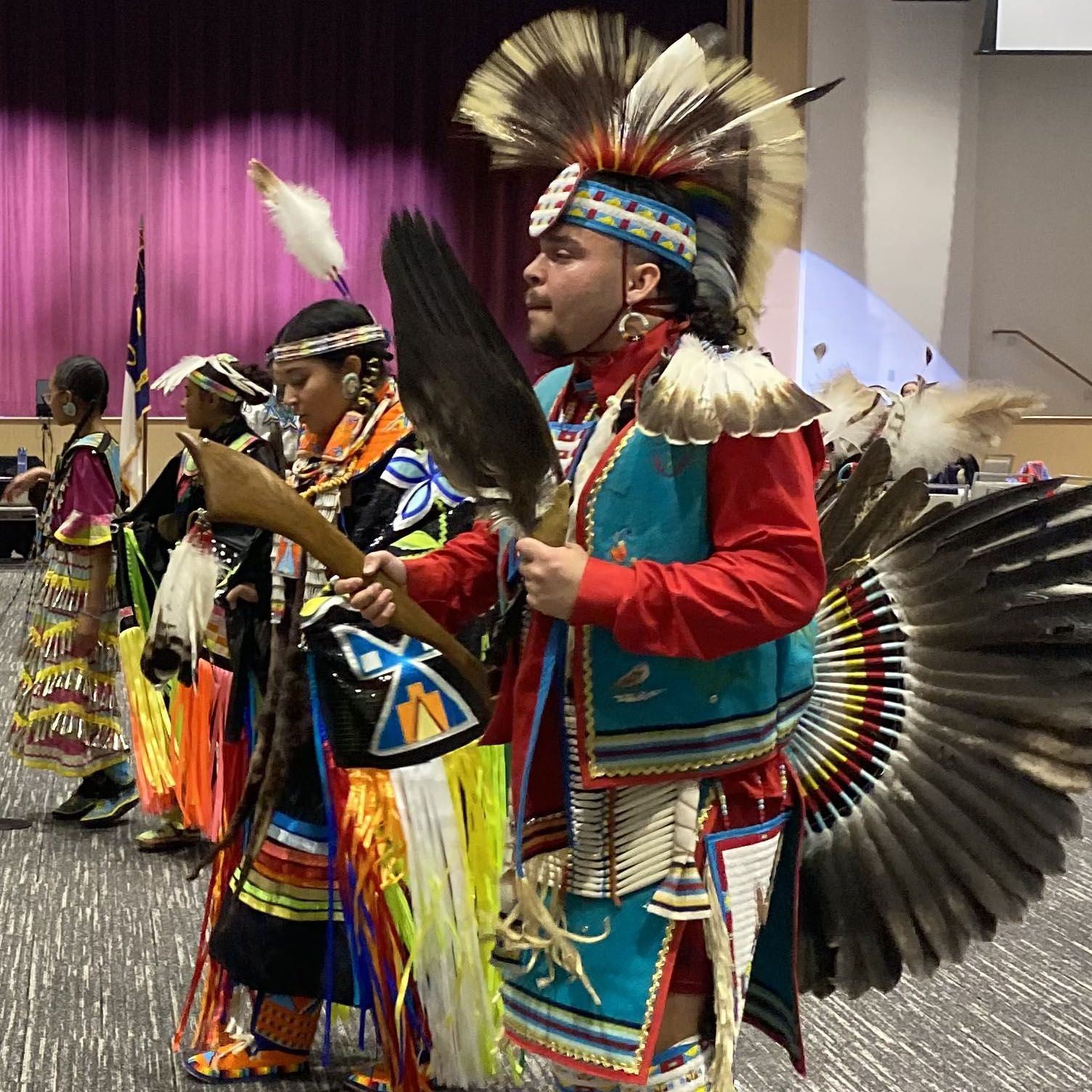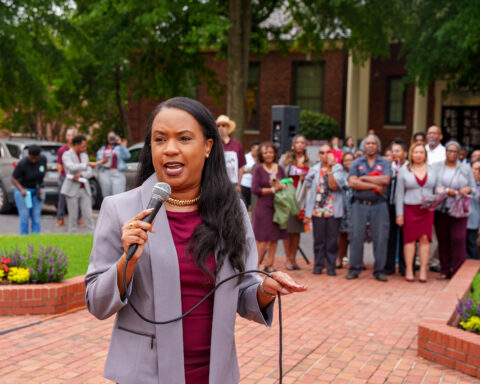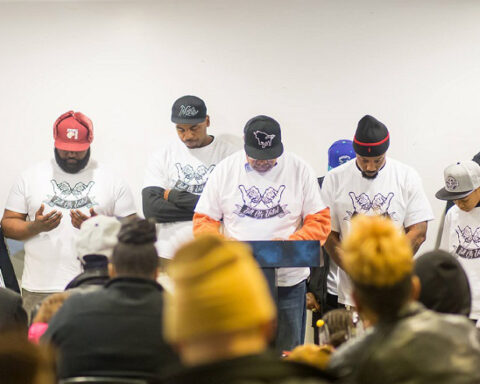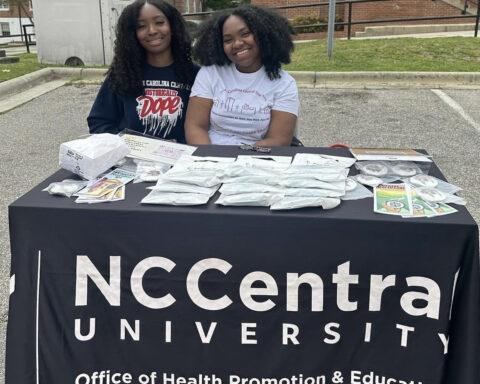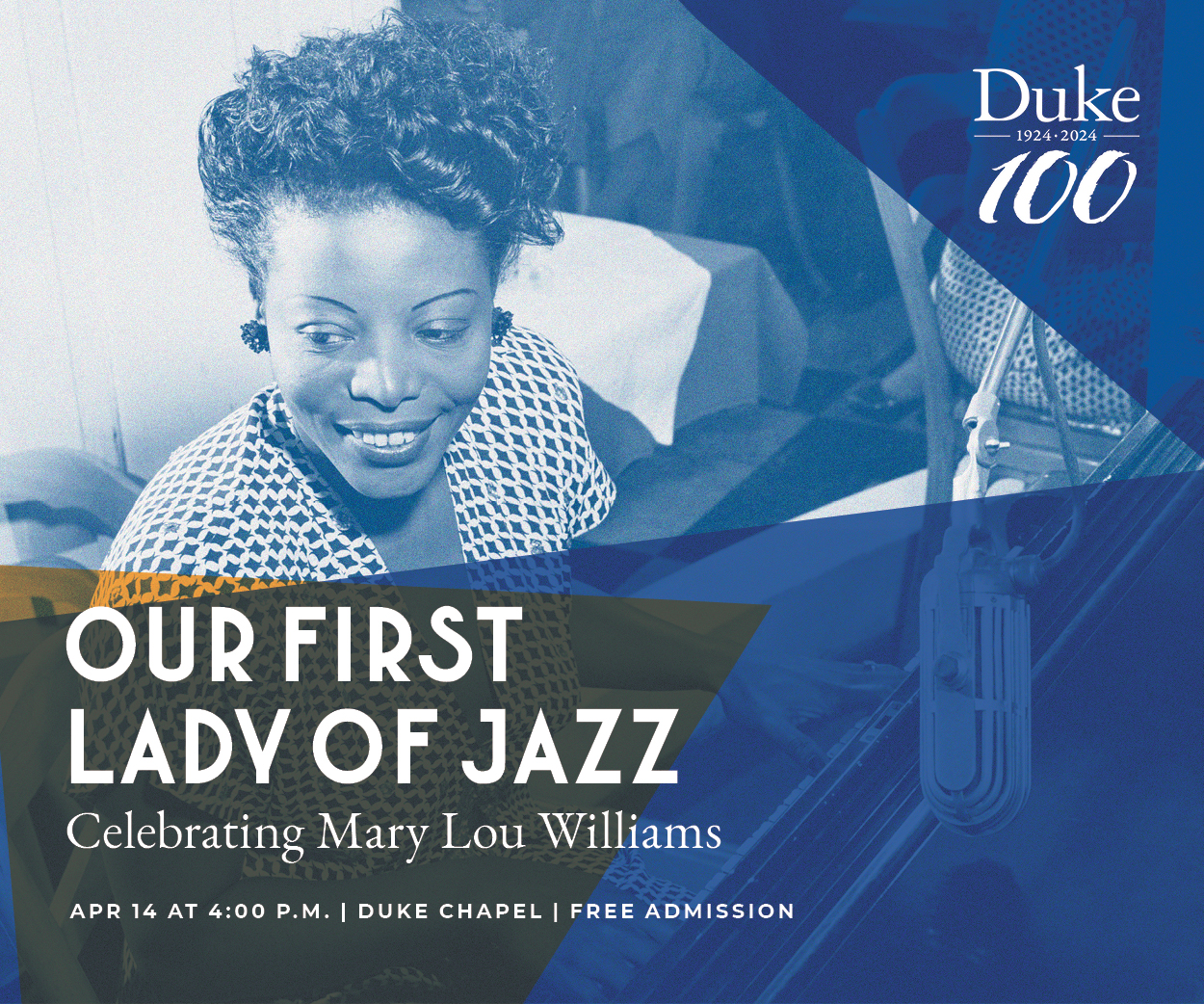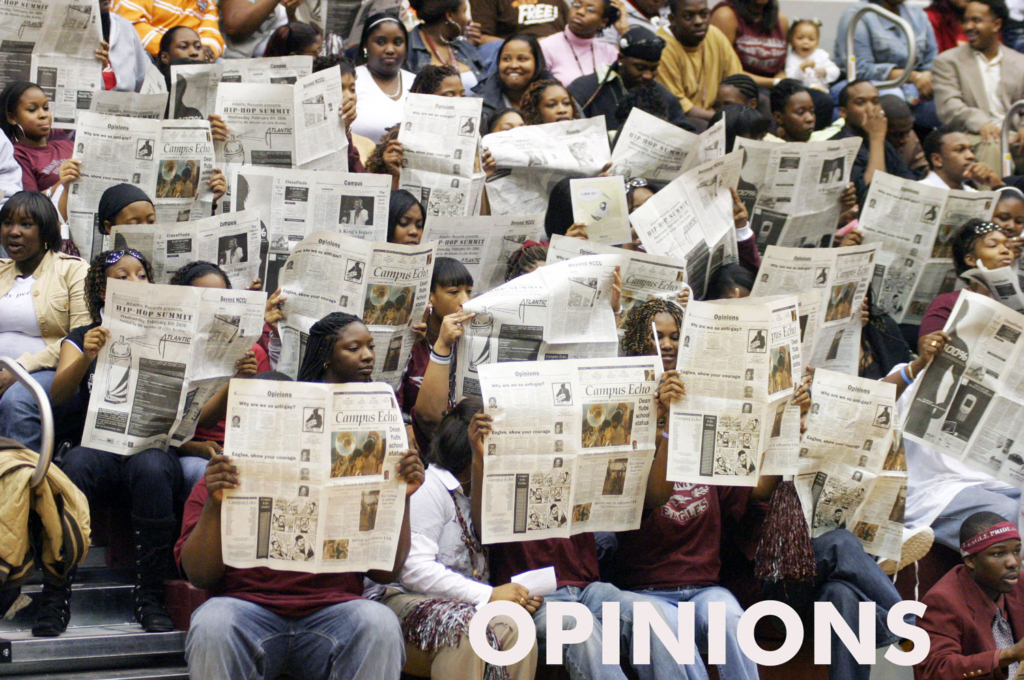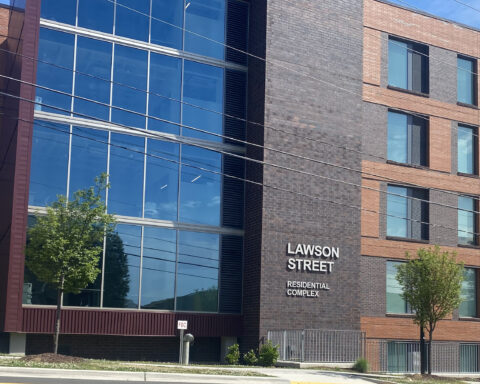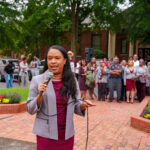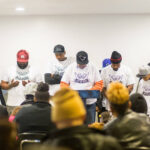The fifth Annual NCCU Soaring Eagle Powwow was held on Saturday, Jan. 20 in the Student Center to celebrate the history and heritage of North Carolina’s Native Americans.
Native American tribes represented at the event included the largest North Carolina tribes, such as the Coharie, the Eastern Band of the Cherokee, and the Lumbee. In all 12 Native American communities were present at the Powwows. The event included traditional dances, chants and songs the Native American groups.
This Powwow opened with a prayer that transitioned into a melody patterned with drums and hymns. The Master of Ceremonies shared the journey of Native Americans. The dances and chants, he said, “are teachings instilled in our people that are standing here today.”
The songs, he said, are songs of those who “fought for our nation unencumbered by the government to share our culture.”
The Powwow was colorful. There were pinks, blues, yellows, reds, greens and more. There was feathers and a variety of costumes representing different tribes. There were children, with their joy and laughter. Bells adorned all the participants. Everyone was upbeat and full of pride.
The historical experience of Native Americans, and their tragic contact with European-Americans, has largely been overlooked and silenced, often intentionally.
But the voices of Native Americans persist with their dances, chants and songs. Their rituals and traditions make them strong.
Early contact in 16th and 17th centuries put Native Americans in contact with viruses they were not immune to, including smallpox, measles, and influenza. Historians estimates that up to 90 percent of Native Americans, across North and South America, died as a consequence.
After these mass deaths, the tragedy of Native Americans in United States continued. The European racist ideology portrayed Native Americans as dark, savage and dangerous. And this ideology underwrote a history of violence, forced removals, broken treaties, and more, during the westward expansion of European-Americans. Some historians even refer to this violence and these injustices as a genocide.
Ward Churchill, a professor of ethnic studies at the University of Colorado, calls the European westward expansion a “vast genocide… the most sustained on record.”
The U.N, defines genocide as “the killing members of the group; causing serious bodily or mental harm to members of the group; deliberately inflicting on the group conditions of life calculated to bring about its physical destruction.”
During the Andrew Jackson presidency several tribes, including the Cherokee of North Carolina, were forced to relocate westward to Oklahoma during what is now called the Trail of Tears. It is estimated the 100,000 Native Americans were forced off their homelands and up to 18,000 thousand died as a result of the journey.
Injustices toward Native Americans continued into the 20th century. The recent film, based on the book “Killers of the Flower Moon” by David Grann, explores how members of the Osage tribe in Oklahoma were cheated from oil revenues in the 1920s.
The NC Commission of Indian Affairs sponsored the Powwow.

